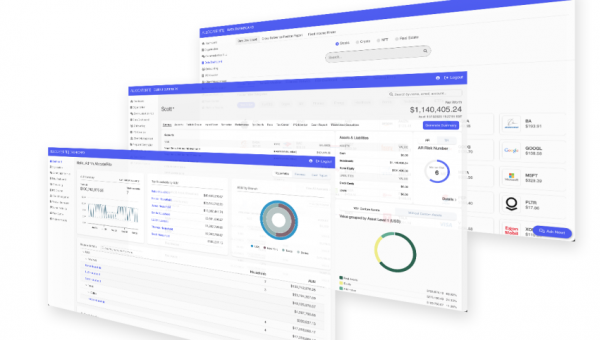Fixed income sales traders make money by buying and selling fixed income securities, such as bonds, on behalf of institutional clients. They typically work for investment banks or large financial institutions.
-
Spreads: Sales traders make money by earning a spread, which is the difference between the price they buy a bond for and the price they sell it for. The larger the spread, the more money the sales trader makes.
-
Commissions: Sales traders also earn money through commissions, which are fees charged to clients for executing trades. These commissions can be a flat fee or a percentage of the trade's value.
-
Markup: Sales traders may also make money by marking up the price of a bond when they sell it to a client. This is a common practice in the fixed income market, and it allows sales traders to earn a profit on top of the spread and commission.
-
Financing: Sales traders also earn money by financing the bonds, which means borrowing from a lender to purchase the bond and selling it with a higher price.
-
Relationship building: Sales traders also earn money by building strong relationships with clients and providing them with valuable insights and research. This can lead to repeat business and more trading opportunities.
In summary, fixed income sales traders make money through spreads, commissions, markups, financing, and relationship building with clients. Their main goal is to buy and sell bonds on behalf of institutional clients, by doing so they make money through the difference in prices and commissions.
Fixed income sales traders typically communicate with clients through a variety of channels, including:
-
Phone: Sales traders will frequently speak with clients over the phone to discuss market conditions, provide updates on trade activity, and offer new investment ideas or strategies.
-
Email: Sales traders will also use email to correspond with clients, sending them market updates, research reports, and other relevant information.
-
In-person meetings: Sales traders may also meet with clients in person to discuss their investment needs and provide more detailed information about specific securities or strategies.
-
Video conferencing: With the advent of technology, sales traders also communicate with clients via video conferencing, this allows them to have face-to-face conversations with clients from different locations.
-
Chat: Sales traders also communicate with clients through chat platforms, this is a quick way to provide updates or answer questions.
In their communication, sales traders will typically use industry jargon and terminology, they also need to be able to explain complex financial concepts in a clear and concise manner, this is important to establish trust and credibility with clients. They also need to be able to listen to clients and understand their investment needs, and tailor their communication to those needs.
In summary, fixed income sales traders communicate with clients through phone, email, in-person meetings, video conferencing and chat, they use industry jargon and terminology, and they need to explain complex financial concepts in a clear and concise manner, and also to listen and understand clients' investment needs to tailor their communication.
Fixed income sales traders communicate with research teams to sell investment ideas in the following ways:
-
Research Reports: Sales traders will often receive research reports from the research team, which provide in-depth analysis of specific securities or market conditions. They will use this information to present investment ideas to clients and to provide them with a detailed explanation of the investment opportunity.
-
Meetings: Sales traders will also meet with research teams to discuss new investment ideas and to get a deeper understanding of the underlying market conditions. These meetings will allow them to ask questions and get additional insights on the research team's analysis.
-
Conference Calls: Sales traders may also participate in conference calls with the research team, where they will discuss market conditions and new investment ideas. This allows them to get real-time updates on the markets and to ask questions of the research team.
-
Email: Sales traders will also use email to communicate with research teams, this is a quick way to ask questions or request additional information.
-
Chat: Sales traders also communicate with research teams through chat platforms, this is a quick way to provide updates or ask questions.
In their communication, sales traders need to be able to understand the research team's analysis and be able to explain it to clients in a clear and concise manner. They also need to be able to identify potential investment opportunities and tailor their communication to the specific needs of clients.
In summary, fixed income sales traders communicate with research teams through research reports, meetings, conference calls, email, and chat. They use this information to present investment ideas to clients and provide a detailed explanation of the investment opportunity. They need to understand the research team's analysis and be able to explain it in a clear and concise manner, also they need to identify potential investment opportunities and tailor their communication to the specific needs of clients.



